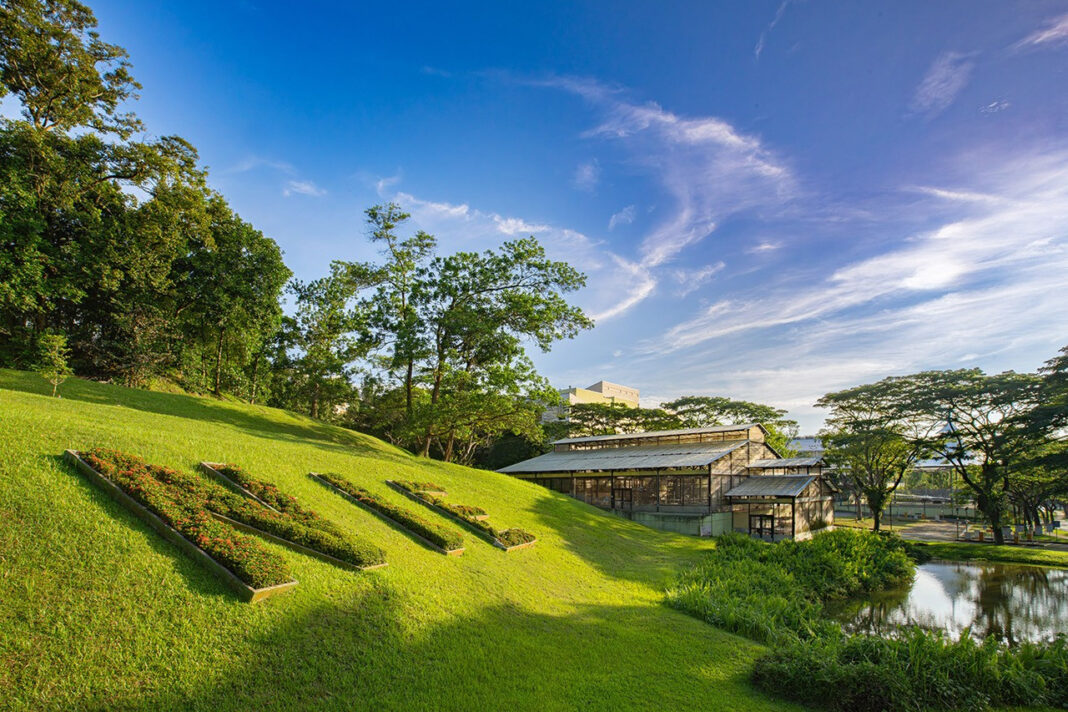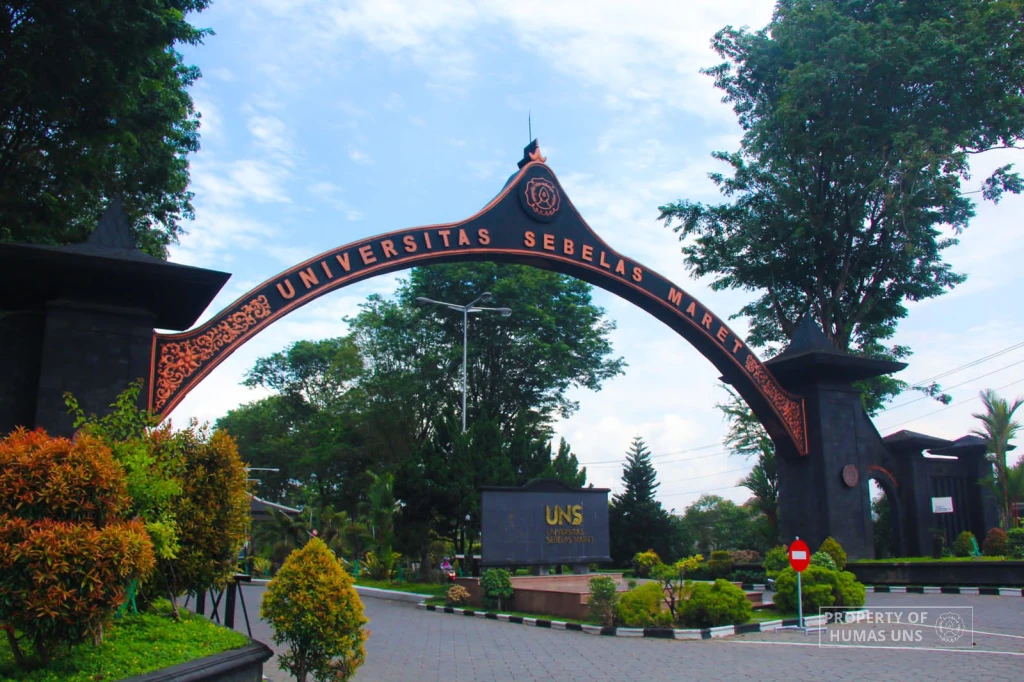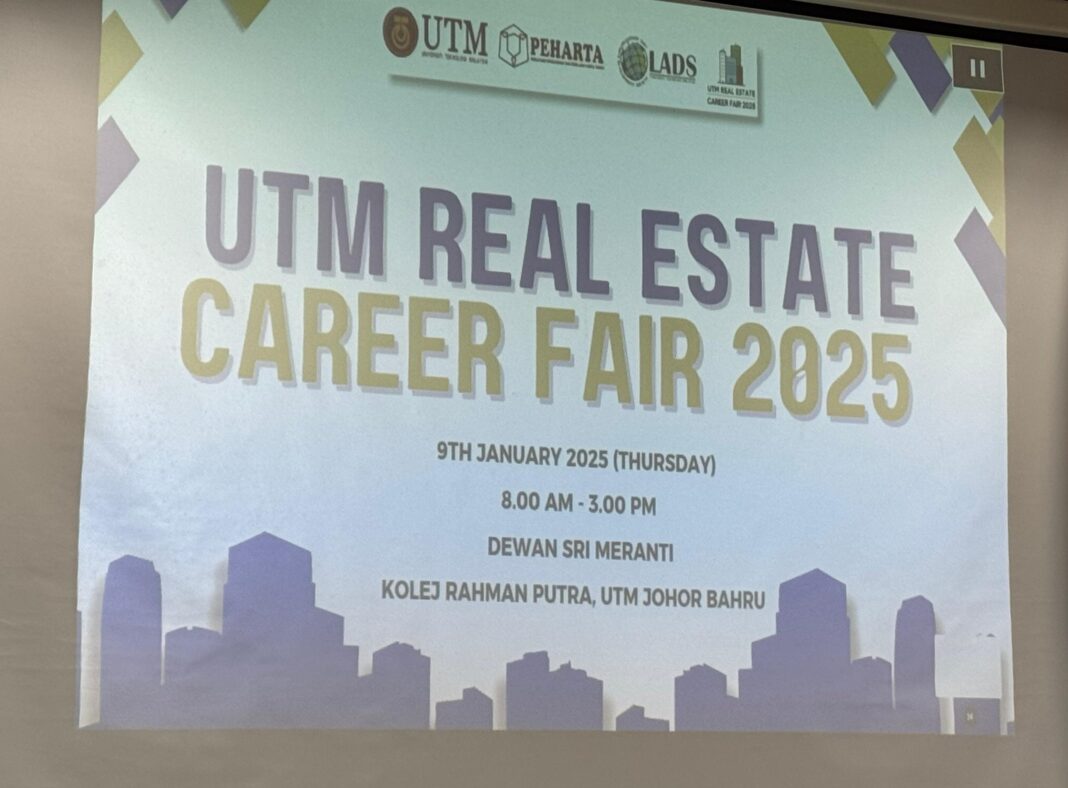You stand at the crossroads of a life-changing decision, weighing family responsibilities against professional aspirations. For Dr. Maria Hidayati, an academic from Universitas Negeri Malang in East Java, this moment arrived when she faced the daunting prospect of pursuing her doctoral degree overseas. As the eldest daughter, a mother, and an educator, we can imagine the careful deliberation that preceded her bold choice to study in Singapore.
How an Indonesian Educator’s Singapore Postgraduate Journey Transformed Her Career
Catalyst
In a world where education holds the key to national transformation, Indonesia has made great strides in recent years. The Ministry of Education, Culture, Research and Technology’s Merdeka Belajar (Emancipated Learning) initiative reflects a powerful vision: to empower educators, promote critical thinking and prepare learners for an ever-evolving global landscape. However, real change requires educators who themselves evolve by stepping out of their comfort zones to lead by example.
“I am the eldest daughter, a mother and an academic,” Dr. Hidayati shared. “Choosing to pursue my doctoral degree overseas was not a decision I took lightly. I needed a place that offered both world-class education and proximity to my family.”
Singapore, with its cutting-edge education ecosystem and geographical closeness to Indonesia, became the natural choice. More specifically, she found her calling at the National Institute of Education, Nanyang Technological University, Singapore (NIE NTU, Singapore), ranked among the top eight education institutes globally.
Dr. Hidayati was first introduced to the Doctor in Education (EdD) in English Language and Literature programme by Dr. Willy A. Renandya, a respected figure in the field from NIE, Singapore. “The programme was designed for professionals who want to improve their workplace and community. That description aligned deeply with my aspirations,” she recalled.
Rising Action
From January 2020 to March 2024, Dr. Hidayati immersed herself in an academic culture defined by excellence, innovation and deep intellectual curiosity. Initially, the integration into this new learning environment presented its challenges, but the student support and vibrant academic community at NIE smoothed her transition.
“The research workstation in the graduate room became my second home. It helped me focus, connect with peers and learn how to navigate academic life abroad,” she laughed.
Subsequently, courses like Literature Review Method under Associate Professor Heng Tang Tang challenged her to think critically and pushed her research to greater heights. “The feedback I received, though rigorous, was encouraging. It was a proud moment to receive validation from both internal and external reviewers,” admitted Dr. Hidayati.
As a faculty member and quality assurance officer, she was particularly interested in how NIE upholds standards without a conventional “quality assurance office.” What she discovered would fundamentally reshape her perspective on educational quality standards.
Turning Point
“What I saw at NIE amazed me,” she said.
“Quality wasn’t an administrative box-ticking exercise. It was embedded in the fabric of daily operations, in teaching, research, governance and even in how students and staff interacted. This philosophy has deeply influenced my work in Indonesia.”
“Studying at NIE was an eye-opening experience,” she shared. “It enriched my cognitive abilities, deepened my understanding of quality assurance in education and equipped me with tools to contribute significantly to my university and the Indonesian education system.”
Resolution
Since her return to Malang, Dr. Hidayati has been working tirelessly to infuse her learnings into her own institution. Whether through teaching, research or community service, she is now better equipped to drive meaningful changes. And she is not alone.
Across Indonesia, the government’s commitment to education reform is clear. From digitizing classrooms to upgrading teacher competencies and emphasizing critical thinking, the future of Indonesian education depends on empowered educators. Educators like Dr. Hidayati, who take the leap to upskill themselves internationally, play a vital role in realizing this vision.
Her Message to Fellow Educators
To fellow Indonesian educators contemplating further studies, her message is clear:
“I wholeheartedly recommend the graduate programs offered by NIE. It’s not just about earning a degree, it’s about personal growth, professional development and becoming part of a vibrant academic community that inspires you to give back to your country. If you’re looking to make a real difference in education, this is the place to start.”
Indonesia is on a journey towards an education system that nurtures critical thinkers, innovative leaders and global citizens. Dr. Hidayati’s transformative experience demonstrates how international postgraduate education can serve as a catalyst for nationwide educational reform. If you are an educator ready to follow her example, consider applying to NIE’s graduate programs for the January 2026 intake, where applications close soon. The National Institute of Education, consistently ranked among the world’s top ten education institutions by QS rankings, continues to prepare the next generation of educational leaders who will shape Indonesia’s academic future.





